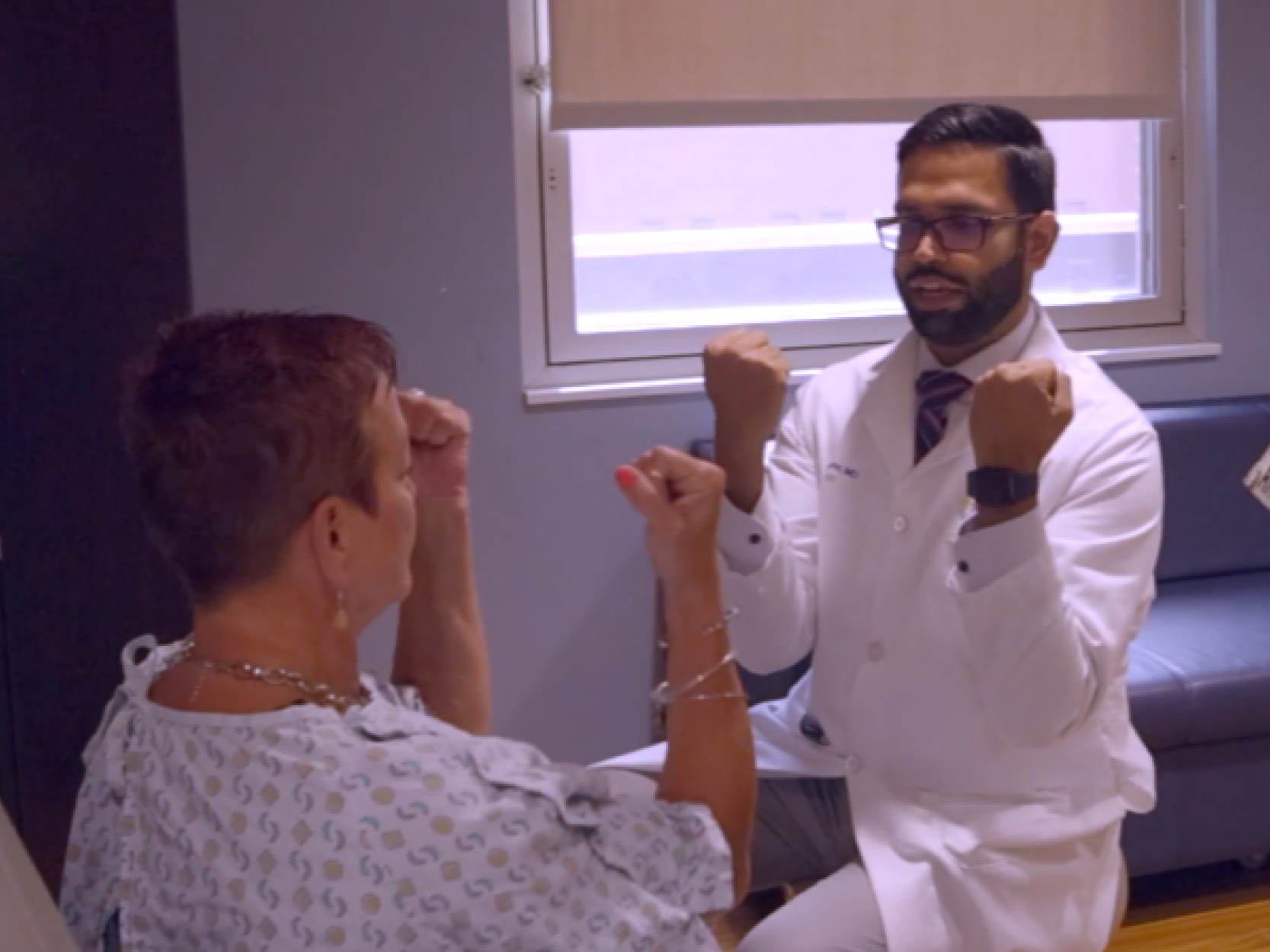Neurodegenerative disorders are a group of conditions characterized by the progressive degeneration of the structure and function of the nervous system. Among these disorders, Dementia, Alzheimer's disease, Myasthenia Gravis and Amyotrophic Lateral Sclerosis (ALS) stand out due to their impact on the quality of life and the complexities involved in their management.
Dementia
Dementia is an umbrella term for a range of conditions that affect cognitive function, leading to memory loss, impaired reasoning and personality changes.
The memory loss experienced by individuals with dementia typically targets recent events and familiar faces. Confusion experienced by dementia patients is often centered on issues of time and place—what day/month/year it may be and where that patient may believe they are versus where they presented are located. This confusion sometimes leads to fear responses that can cause behavioral changes, including mood swings and shifts in personality.
Dementia is not currently viewed as a curable medical condition. However, available medications like cholinesterase inhibitors and memantine may offer a degree of symptom management and slow their progression. Cognitive therapy may be able to implore strategies designed to improve cognitive function and delay progression. Like most health conditions, caregiver support and lifestyle modifications are recommended to enhance a dementia patient’s overall quality of life.
Alzheimer's Disease
Alzheimer's is the most common form of dementia, affecting millions worldwide. It is marked by the gradual decline in cognitive abilities and memory, owing to the degeneration of brain cells.
The memory impairment Alzheimer’s disease patients experience often manifests in the patient forgetting names, places and events. These memory issues progress over time, eventually leading to trouble with organizing and managing daily tasks. Over time language problems may also surface, creating struggles with finding the right words or phrases to complete a vocalized thought.
A definitive cure for Alzheimer’s disease is not yet available. Medications have been developed that may help to manage symptoms and slow their progression. Cognitive stimulation and physical activity may help to maintain mental and physical health. Because of this disease’s ability to create fear and confusion, educational and social support is recommended for patients and caregivers.

Myasthenia Gravis
Myasthenia gravis is an autoimmune disorder characterized by weakness and rapid fatigue of the voluntary muscles, caused by a breakdown in communication between nerves and muscles.
People with myasthenia gravis experience a combination of muscle weakness, fatigue and difficulty swallowing. The muscle weakness attributed to myasthenia gravis targets the muscles of the face, especially those utilized for vision and facial expressions. Myasthenia gravis patients experience extreme tiredness after exerting themselves. The issues attacking this area of the body also affect a patient’s ability to chew and swallow.
While there is no cure for myasthenia gravis, medications, especially anticholinesterase agents tend to improve neuromuscular transmission. Some prescription drugs may also help to reduce the autoimmune response triggered in the body by myasthenia gravis. A thymectomy, the surgical removal of the thymus gland, is often viewed as a beneficial choice in young patients with myasthenia gravis.
Amyotrophic Lateral Sclerosis (ALS)
ALS, also known as Lou Gehrig's disease, is a progressive neurodegenerative disorder that affects nerve cells in the brain and spinal cord, leading to muscle weakness and atrophy.
Patients with ALS may experience several signs and symptoms including muscle weakness, difficulty speaking and muscle cramping. The feelings of muscle weakness are felt most often in the arms and legs. Another area of the body targeted by ALS is the mouth; many affected by ALS experience slurred speech and trouble swallowing. General cramps and muscle spasms may also be experienced on a frequent basis.
The treatments for ALS focus on medication paired with physical and speech therapy. Prescription drugs may help to slow overall symptoms and disease progression. Physical therapy exercise programs may be advised to help maintain muscle strength and function to combat the weakness felt by ALS patients in their limbs. Working with a speech therapist can identify techniques that be utilized to improve communication and issues with swallowing.
